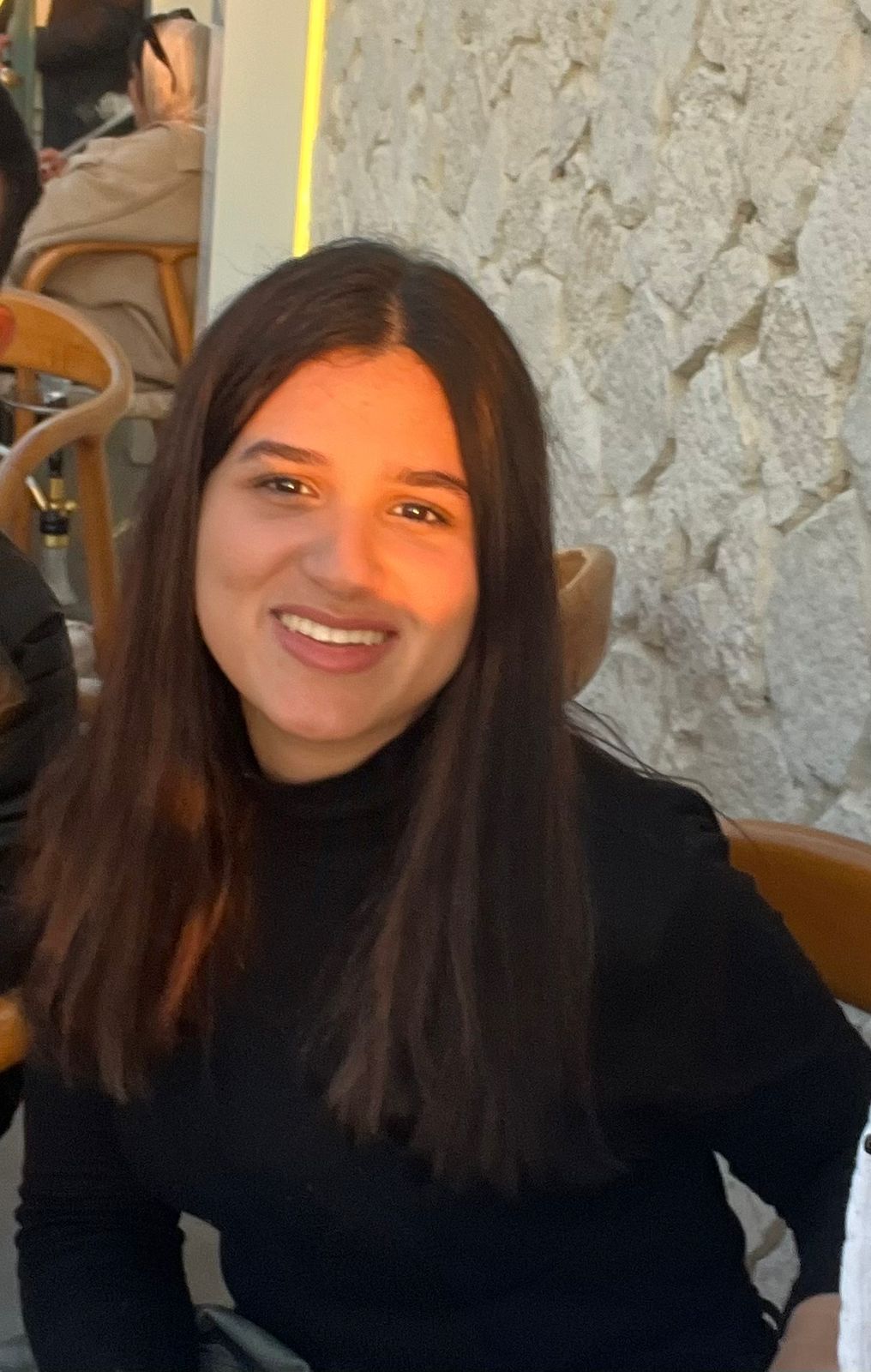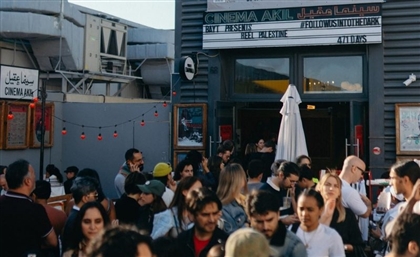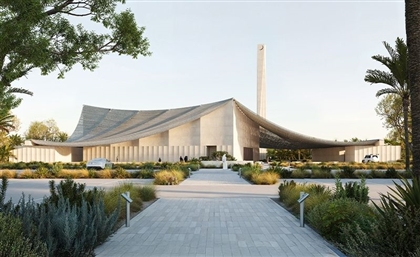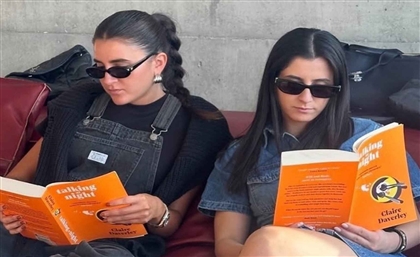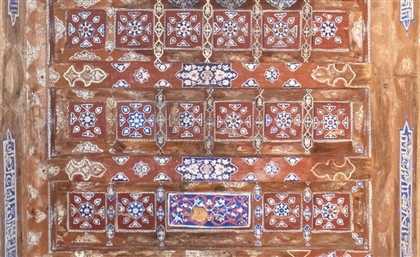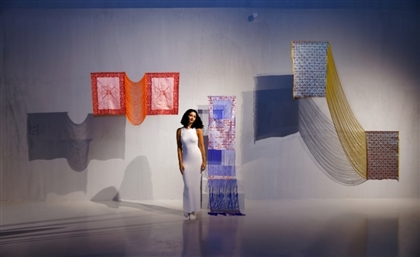How a Dubai-Based Palestinian Brand Bottles Heritage
A six-year-old’s classroom gift sparks Zeit Bladi, a Dubai olive-oil brand bottling Palestinian heritage one bottle at a time.

At some point in our diaspora timelines- between explaining where we’re really from, passport queues and WhatsApp voice notes about political heartbreak- we begin hoarding things that taste like home. Fragrant spices in ziploc bags. Date syrup and honey in repurposed jam jars. That one specific za’atar or sumac mix your cousin swears by. It’s not a habit. It’s survival.
Isra Abu Zayed, the Palestinian-Canadian academic and storyteller, wearing her heritage like the keffiyeh draped over her grandmother’s shoulder, knows this ache. But unlike most of us who stash bottles of olive oil between our socks on the way back from Amman or Beirut, she decided to build a business around it.
For Isra Abu Zayed, home has always been a matter of the palate rather than the postcode. Growing up in Toronto, she might have sat at a kitchen table far from the olive groves of the West Bank, but every Friday morning wafts of za’atar-dusty bread, the sweet stickiness of knafeh and, most of all, the green-gold glimmer of olive oil were reminders of a place she never really saw, but always knew.
“I’m Palestinian through and through,” Isra tells SceneNowUAE “My parents made sure our identity shaped every part of how we moved through the world.” Schoolyard taunts and classroom maps couldn’t erase the stories they shared at home- tales of harvests, of farmers who tended trees older than most nations, of olive-pressed rituals handed down through generations.Yet it wasn’t until her six year old daughter wanted to learn more about her heritage and share that- “a bottle of that season’s oil for her teacher”- that Isra realised how tangible that connection could become.
And just like that, a bottle of olive oil turned into a passport.
In 2021, out of that realisation, Zeit Bladi came into being. From a single family-run farm in the West Bank, where Nabali trees can take twenty years to bear their first fruit, the olives are hand-picked only when village elders decree they’re ready. They are cold-pressed within hours of harvest, then travel by land through Jordan to Dubai, arriving as spring’s first bottles: limited seasonal drops that turn anticipation into ritual. “We only sell what the land gives us each season,” Isra explains. “It’s not about scale; it’s about honouring history, community and resilience- one small bottle at a time.”
- Previous Article Aswan’s Zen Wellness Goes Global with Langkawi Launch
- Next Article Inside Egypt’s Seven UNESCO World Heritage Sites
Trending This Week
-
Jan 18, 2026







